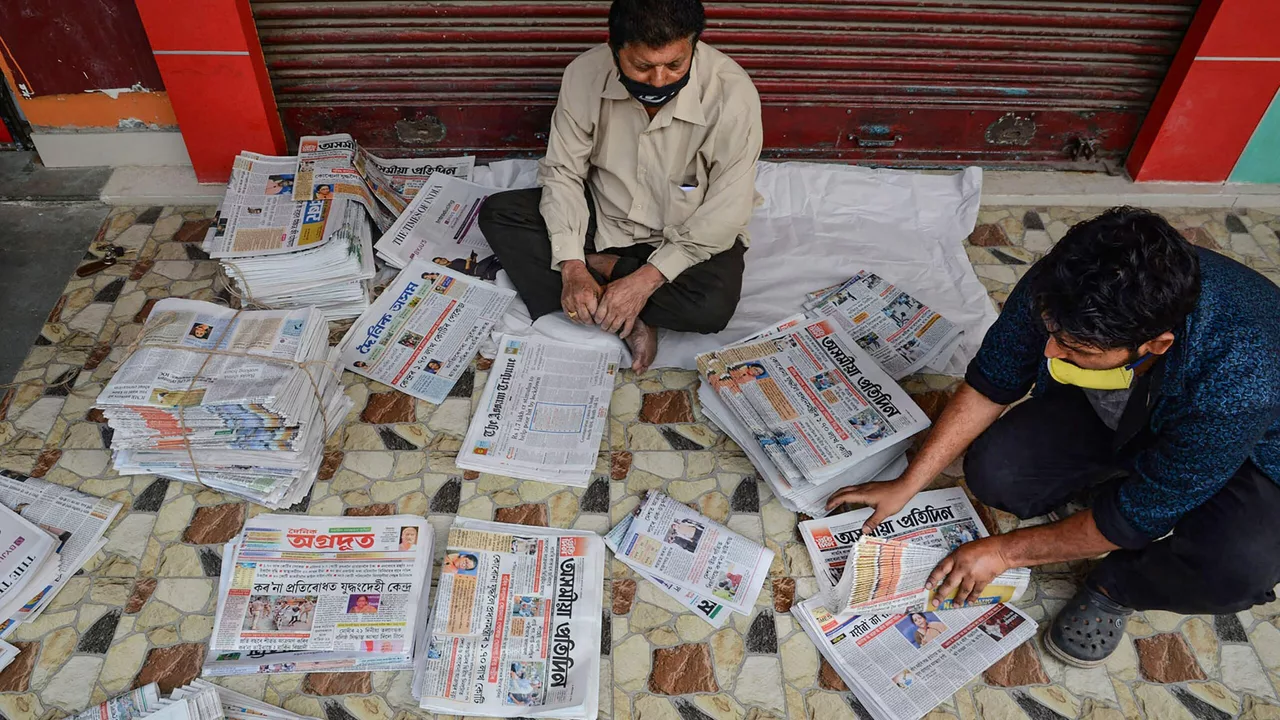August 2023 Archive — India Property Insider
Here’s what we published in August 2023 and why those pieces matter. This month had two notable posts: a sharp look at why Indian news media focuses so much on politics, and a serious report on a sexual assault case in Uttar Pradesh. Below I’ll summarize both, highlight the main takeaways, and point out what readers should watch for next.
Top posts this month
First, we questioned why Indian news media seems obsessed with politics. The post argues that political stories drive viewership and debate, so channels and outlets push them hard. It outlines how that focus shapes what gets covered and what gets ignored — local issues, consumer topics, and even housing news can be sidelined. The piece doesn’t just complain; it suggests practical ways readers can spot bias: check if a story repeats the same talking points across channels, look for missing local voices, and compare headlines with on-ground facts before forming an opinion.
The other post covered a disturbing criminal case from Uttar Pradesh where a minor was assaulted and a family member was among those arrested. The report stuck to facts: what authorities said, who was held, and the immediate response. It avoided graphic detail and focused on the legal and support angles readers should care about: how the investigation is progressing, what protections exist for victims, and how communities can demand accountability without sensationalizing trauma.
Why these posts matter to you
If you follow news for property or local development, media bias affects you directly. When politics hog airtime, important housing and infrastructure stories don’t get the attention they deserve. That means delayed public pressure on local planners, less scrutiny of developers, and fewer clear signals for buyers and investors. Use the media-bias checklist from the August post to demand better coverage of zoning, infrastructure, and housing policy in your area.
On the crime report: keeping coverage factual and responsibly framed matters for community safety. Sensational headlines can scare people without improving safety. Knowing how authorities respond and what support systems exist helps neighbors act—whether that means organizing local watch groups, ensuring schools and shelters are informed, or urging police transparency.
What to do next: read stories critically, ask whether local issues—like property disputes, municipal projects, or safety measures—are getting proper coverage, and hold local media accountable when they don’t. If a story impacts your neighborhood, share verifiable facts with local groups and demand follow-up reporting from outlets.
Want more monthly rundowns like this? We’ll keep summarizing key posts each month so you can get the main points fast without wading through everything. Check back next month for new posts and practical takeaways you can use in your local property decisions and community actions.

Why does the Indian news media only cover politics?
Well folks, let's dive into the spicy curry of Indian news media, shall we? It's like politics has become their favorite Bollywood superstar, always taking center stage! Why so, you ask? It's because political news sells like hot samosas in India, stirring up emotions, creating debates, and keeping the TRP ratings high. So, next time when you switch on the news and it's all politics, don't go 'why always this?', instead say 'here comes the spicy drama!'
Media Criticism
UP minor gangraped, stepsister among 3 held?
Alright folks, hold onto your seats because this one is a doozy. A recent incident in Uttar Pradesh, India, has left me gobsmacked. A minor girl was, unfortunately, gang-raped, and here's the kicker - her stepsister was among the three people arrested. Yes, you heard that right, her own family member! It's a harsh reminder that sometimes villains are closer home than we think. Let's hope justice is served and the poor girl gets the support she needs.
Crime & Justice News



